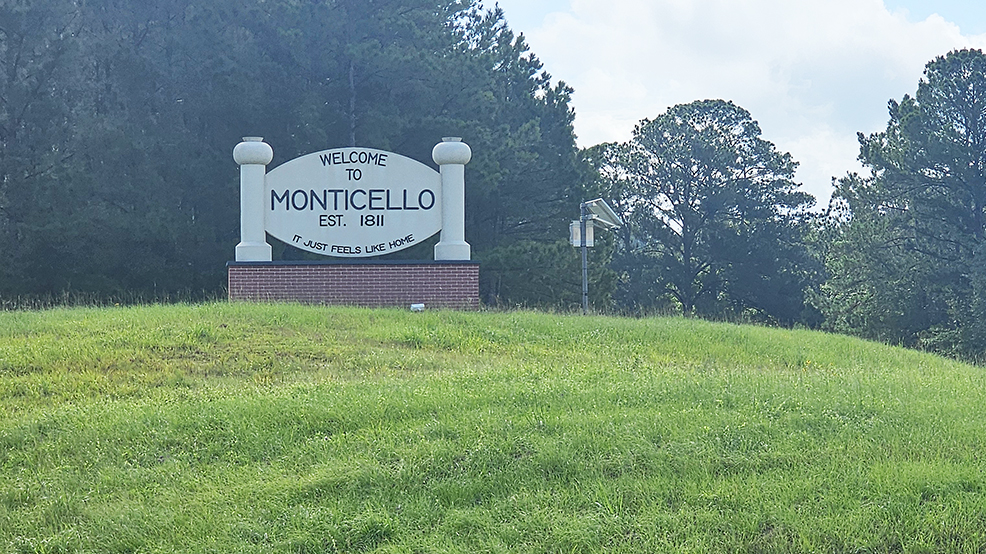It’s time — Compost now for next spring’s gardens
Published 11:42 pm Friday, October 20, 2017
Fall is a great time to start a gardening project and the perfect time to begin composting. Simply pile up all those leaves you’ve raked with yard clippings, add some kitchen scraps, and microbes will naturally break down the organic matter to create a nutrient-rich soil additive.
The decomposition process takes a few months, so start your pile today, and by spring-time you’ll have heaps of ‘black gold’ to add to your gardens.
Below are a few tips to get off to a good start:
Trending
1. Site the pile — Pick a level location, preferably out of direct sun. Pile up the material on the spot, or buy or build a bin. We just pile it on the ground.
2. Get the right mix — You need to follow the recipe. A compost pile needs “browns’ and “greens.” Browns include leaves, twigs and wood chips. Greens would be fruit and vegetable scraps, grass clippings or even egg shells and coffee grounds.
3. Don’t add animal products — Microbes have a hard time breaking down things like cheese, butter, milk, cooking oil or meat scraps. So, avoid using your compost pile as a garbage dump. Add only fruit and vegetable material.
4. Turn, turn, turn — Aerate the pile with a pitch fork or shovel about once a week to distribute air and moisture.
5. Make sure it’s moist but not wet — It’s easy to forget about watering stuff in the winter-time, but proper water content is key for composting. Your compost pile should be as damp as a wrung-out sponge — any wetter and microbes won’t get enough air.
6. Let it heat up — Even in chilly weather, the pile will heat up as the microbes work away. You may even see steam rising from it — this is normal.
Trending
7. See if it’s done — Finished compost looks like rich organic soil – dark and crumbly in texture.
Don’t pile your leaves on the street! Start cooking that compost for next spring’s use. Your shrubs, trees, flowers and vegetable garden will thank you for it.
Rebecca Bates is an MSU Extension-Lincoln County agent, and can be reached at 601-835-3460 or by e-mail at rebecca.bates@msstate.edu.





